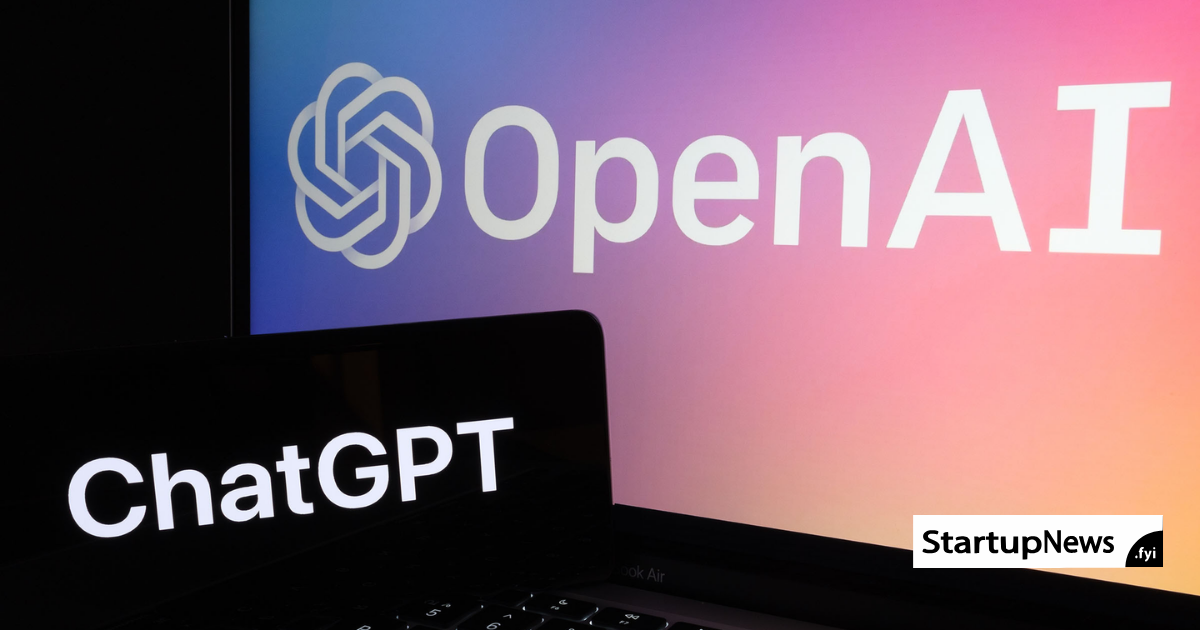In a strategic move aimed at simplifying the process of creating visuals for businesses and entrepreneurs, OpenAI has introduced a Canva plugin for its renowned chatbot, ChatGPT, tapping into the ever-evolving social marketing space. This integration promises to transform how users generate visuals, offering a streamlined and user-friendly approach to digital design. Before this development, using Canva alongside ChatGPT was a somewhat intricate process, demanding manual effort from users.
OpenAI plans to boost user engagement with new feature
The newly launched plugin promises to facilitate the creation of stunning visuals with just a few clicks, potentially boosting user engagement with the platform. To harness this feature’s power, users need to launch ChatGPT in their browser and navigate to the ‘Plugin Store’ within the plugin section. Here, they can effortlessly install the Canva plugin. Once installed, users can access the Canva plugin within ChatGPT’s main window.
In the chatbot’s prompt box, users can describe the visual they wish to create, using prompts like, “I am an AI enthusiast active on Twitter. Create a banner for my account.” This action generates a list of visuals from which users can select their preferred option, edit it in Canva, and directly download it for their use. It is worth noting that this integration is currently exclusive to ChatGPT Plus subscribers, who pay a monthly fee of $20. This subscription not only grants access to the Canva plugin but also unlocks the use of the updated GPT-4 large language model.
This updated model excels in creating extensive content and can even accept images as input. In a highly competitive AI sector, OpenAI continues to expand ChatGPT’s capabilities to maintain a competitive edge, all without publicly announcing the training of GPT-5. These recent updates and integrations are a response to the growing competition from other powerful models, such as Claude AI, which can handle up to 100,000 tokens of context and read PDFs, and Google’s Bard, which is gearing up to implement its plugin system.
Providing exclusive access and building a competitive edge
OpenAI’s decision to integrate Canva with ChatGPT is in line with its broader strategy to enhance the chatbot’s capabilities, transforming it into a versatile tool that caters to various user needs. Before expanding its plugin store, OpenAI had introduced a feature that allowed users to browse the web using Microsoft Bing. However, this feature had to be removed after users discovered it could be used to access paywalled content. This groundbreaking integration between ChatGPT and Canva brings several key benefits to the forefront.
The first benefit is the streamlined visual design. Users no longer need to navigate the complexities of design software. With just a few prompts, they can create captivating visuals effortlessly. The second is the enhanced user experience. The simplicity of this integration is expected to boost user engagement with ChatGPT, making it a more attractive tool for businesses and individuals alike. Another benefit is the exclusive access that users will enjoy.
ChatGPT Plus subscribers enjoy exclusive access to this powerful feature, further incentivizing users to subscribe and explore the full potential of the chatbot. OpenAI also plans to provide competition in the AI Sector. OpenAI’s commitment to improving ChatGPT’s capabilities underscores its determination to stay competitive in a rapidly evolving AI landscape.
OpenAI’s introduction of the Canva plugin for ChatGPT marks a significant milestone in the world of AI-powered content creation. By simplifying visual design and enhancing the user experience, this integration has the potential to redefine how businesses and individuals approach digital design. As OpenAI continues to innovate and adapt in the face of fierce competition, ChatGPT remains at the forefront of AI-driven content creation, catering to diverse user needs with ingenuity and precision.


